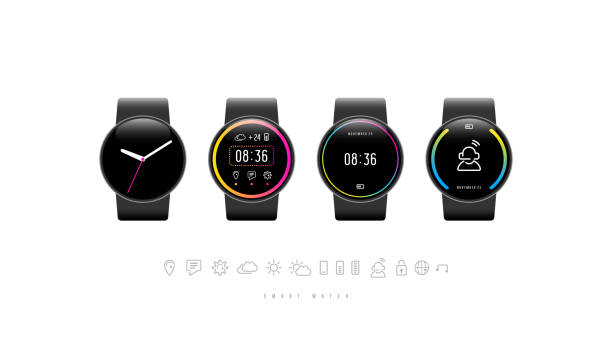The History of Smartwatches: From Concept to Reality
1. Introduction to Smartwatches
An overview of the journey of smartwatches, tracing their evolution from early concepts to the widespread, multifunctional devices we use today.
2. The Origins of Wearable Technology
Exploring the roots of wearable technology, including the first attempts at creating devices that combine functionality with portability.
3. The Early Concepts: 1960s-1980s
Reviewing the earliest visionaries of wearable tech, including the invention of the “calculator watch” and other primitive wrist-worn devices.
4. The Rise of Digital Watches
Discussing how digital watches, particularly in the 1980s and 1990s, set the stage for more advanced smartwatches, offering basic features like timekeeping and simple displays.
5. The 1990s: Introduction of the First Smartwatches
Highlighting the first real smartwatches, such as the Seiko Data-2000 (1983), and the advent of basic digital assistants on wristwatches in the 1990s.
6. The 2000s: Emergence of PDA Watches
Exploring how personal digital assistants (PDAs) like the IBM WatchPad and the Samsung SPH-WP10 blurred the line between traditional watches and handheld computers.
7. The Advent of Touchscreens and Smartphones
Discussing how the launch of the iPhone in 2007 and the rise of touchscreen technology led to the development of more interactive, touchscreen-based smartwatches.
8. 2010-2015: The First Major Smartwatch Launches
Examining the release of early iconic smartwatches like the Pebble (2012) and the Samsung Galaxy Gear (2013), marking the beginning of the smartwatch revolution.
9. The Dominance of Apple and Android Wear
Exploring how Apple’s entry with the Apple Watch in 2015, along with Android Wear, solidified smartwatches as mainstream products, focusing on health, notifications, and app integration.
10. The Future of Smartwatches
Predicting how smartwatches will continue to evolve with features like improved health monitoring, integration with AI, and further advancements in design, connectivity, and personalization.
